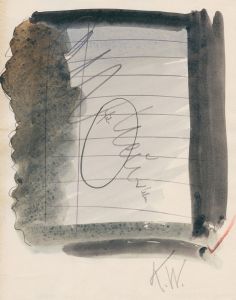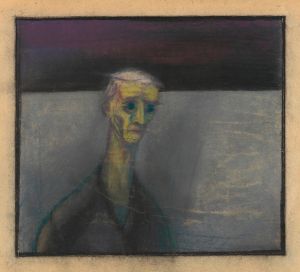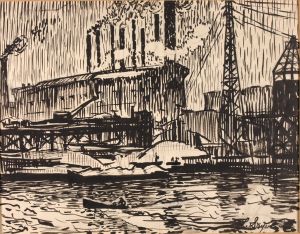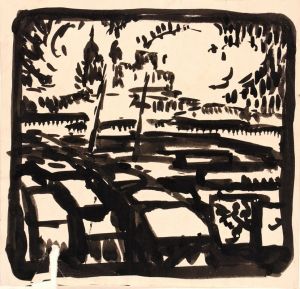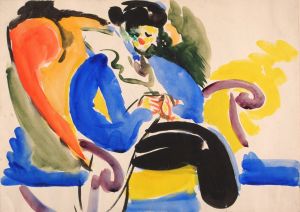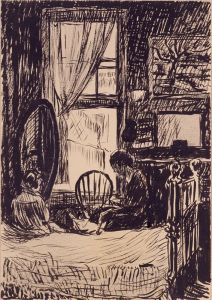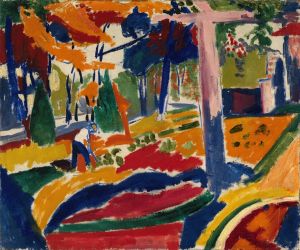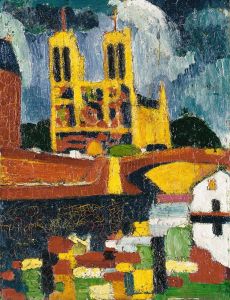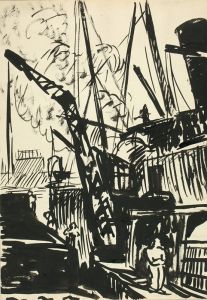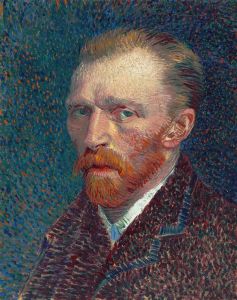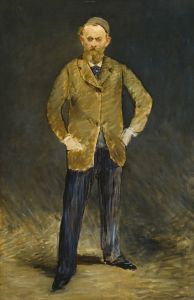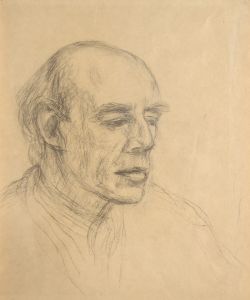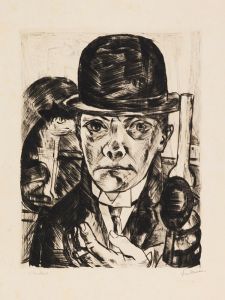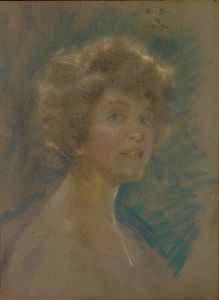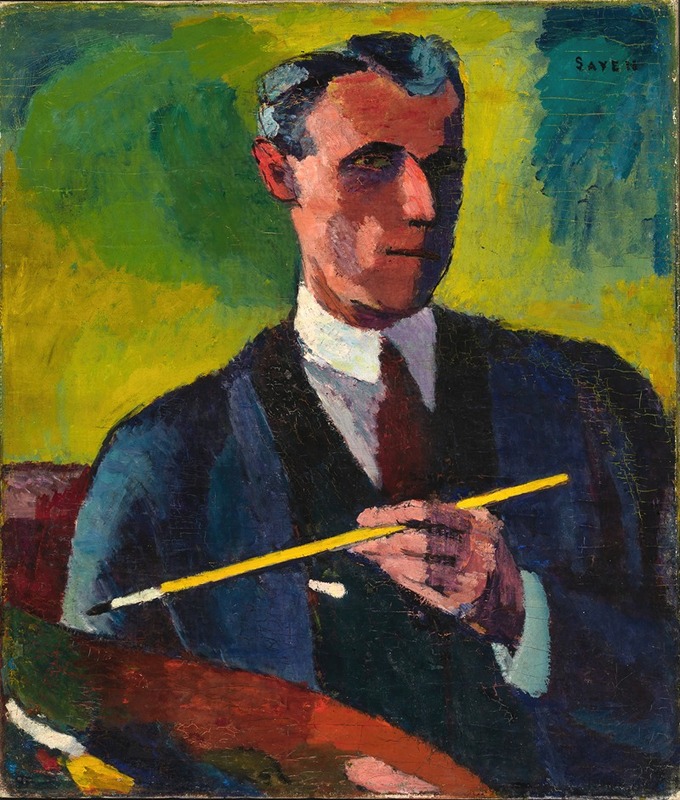
Self-Portrait
A hand-painted replica of Henry Lyman Saÿen’s masterpiece Self-Portrait, meticulously crafted by professional artists to capture the true essence of the original. Each piece is created with museum-quality canvas and rare mineral pigments, carefully painted by experienced artists with delicate brushstrokes and rich, layered colors to perfectly recreate the texture of the original artwork. Unlike machine-printed reproductions, this hand-painted version brings the painting to life, infused with the artist’s emotions and skill in every stroke. Whether for personal collection or home decoration, it instantly elevates the artistic atmosphere of any space.
Henry Lyman Saÿen (1875–1918) was an American artist and inventor, known for his contributions to both the art world and the field of X-ray technology. One of his notable works is a self-portrait, which provides insight into his artistic style and personal expression.
Henry Lyman Saÿen was born in Philadelphia, Pennsylvania. He studied at the Pennsylvania Academy of the Fine Arts and later continued his education in Paris, where he was influenced by the vibrant art scene and the works of the Fauves, a group of early 20th-century modern artists known for their bold colors and strong painterly qualities. Saÿen's exposure to these avant-garde movements significantly impacted his artistic development.
The "Self-Portrait" by Henry Lyman Saÿen is a reflection of his unique style, which often incorporated vivid colors and dynamic compositions. While specific details about the creation date of this self-portrait are not well-documented, it is believed to have been painted during his mature period, when he was actively engaged in both his artistic and scientific pursuits.
In his self-portrait, Saÿen employs a vibrant palette and expressive brushwork, characteristics that align with the Fauvist influence. The painting captures his likeness with a sense of immediacy and personal introspection. The use of color and form in the portrait demonstrates Saÿen's ability to convey emotion and personality through his art.
Aside from his contributions to painting, Saÿen was also an accomplished inventor. He worked with Thomas Edison and contributed to the development of early X-ray technology. His scientific background and inventive spirit often intersected with his artistic endeavors, leading to a unique blend of creativity and technical skill in his works.
Saÿen's career was tragically cut short when he died in 1918 at the age of 43. Despite his relatively brief life, his contributions to both art and science left a lasting impact. His self-portrait remains a testament to his talent and the diverse interests that defined his career.
Today, Henry Lyman Saÿen's works, including his self-portrait, are appreciated for their historical significance and artistic merit. They offer a glimpse into the life of a multifaceted individual who bridged the worlds of art and science during a transformative period in history.





